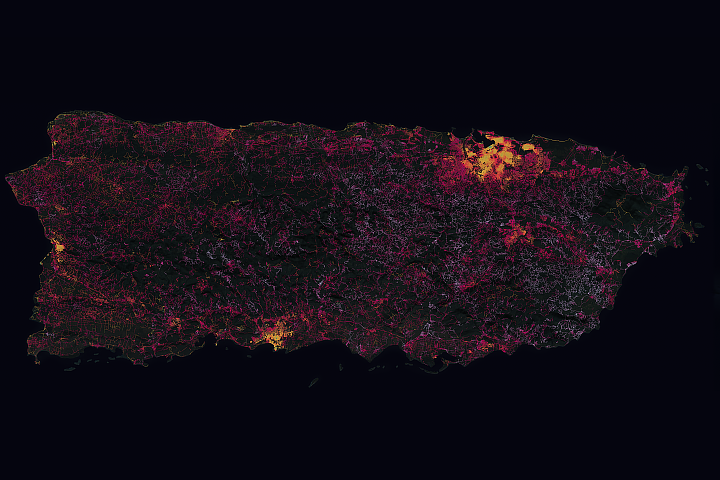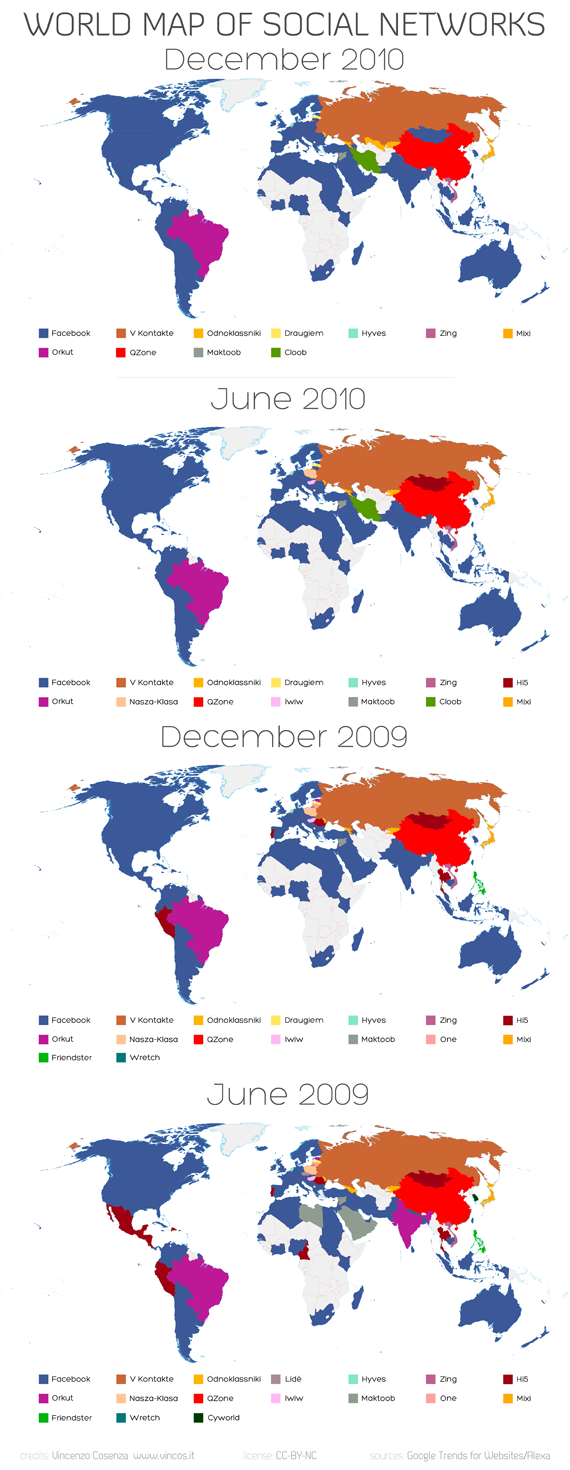A History of Modern Iran
http://www.meforum.org/2427/a-
The basic left-wing view about Iran is that Mohammad Reza Shah Pahlavi was truly evil while the Islamic Republic is a mixed bag—and the United States bears heavy responsibility for all Iran's problems, including the failure of the recent democratic movement. Abrahamian, a history professor at City University of New York, has produced a history firmly situated in this paradigm, almost to the point of parody.
Consider two issues about the Islamic Republic and Mohammad Reza's rule, issues that are deeply related to the important impact each had on the lives of ordinary Iranians. First is the Iran-Iraq war. Abrahamian devotes less than two pages to the war. He spends more space analyzing the shah's military buildup than on the war itself, in which hundreds of thousands of Iranians died. Long paragraphs deplore the social dislocation caused by the rapid growth of the shah's era, but Abrahamian does not find it worthwhile mentioning the millions of Iranians forced from their homes by the war. He tells the reader nothing about events seared on the souls of Iranians, such as the use of chemical weapons or the "war of the cities" in which millions fled Tehran each night in fear of missiles.
The second issue is the extraordinary economic growth under Mohammad Reza and the economic decline that took place under the Islamic Republic. Even a careful reading of Abrahamian's text fails to show that, from 1960 to 1976, the rate of growth of Iran's national income was among the fastest of any country in the world—faster than the Chinese economy has grown in the last fifteen years, for example. Nor would the reader learn that in the Islamic Republic's first decade, per capita income was cut in half. Instead, Abrahamian treats us to long discussions about the inequality of income distribution under Mohammad Reza. Evidently sharing poverty is, to Abrahamian, more worthy than creating wealth. And he goes on to praise the Islamic Republic for accomplishments that were well short of what Iran achieved under the shah, such as the increase in rural life expectancy, which has risen under the Islamic Republic but at a slower rate than during the shah's reign.
These two examples are hardly exhaustive. Whether about human rights issues, repression, cultural accomplishments, or foreign policy, Abrahamian's account is exhaustive on the shortcomings of Mohammad Reza's period and cursory on problems of the Islamic Republic while he is similarly brief about the shah's accomplishments and detailed about those of the Islamic Republic. In a similar vein, the 1926-41 rule of Reza Shah is painted in dark tones while what Abrahamian calls "the nationalist interregnum" of 1941-53 is described with starry eyes. And Abrahamian rarely misses an opportunity to cast U.S. policy in the most negative light possible, often ascribing to it an influence well in excess of what it actually exerted.
Abrahamian has an extraordinary command of the details of Iranian history, and he is a good writer. All of which serves to throw into sharper relief the anti-shah agenda and the soft-peddling of the problems of the Islamic Republic.














